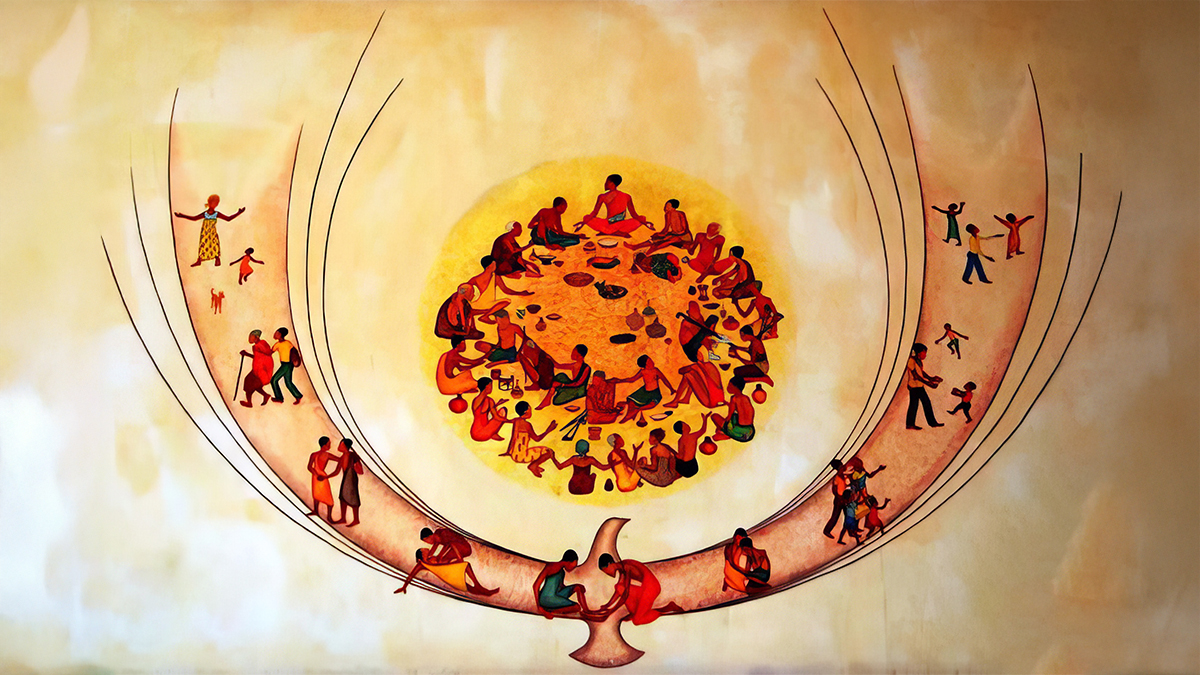Synodality is the word preoccupying Catholics in Australia and around the world.
It is the script for significant reforms in how the church sees itself, how it functions, and its culture – how it expresses its reason for being in today’s world.
Some aspects of Australian history and culture resonate with fundamentals that underpin synodality.
Can the Australian church adopt this new approach effectively?
Principles of synodality
While primarily a spiritual endeavour, key operating principles of synodality include transparency, collaborative decision-making, co-responsibility, accountability, and evaluation.
Fundamental to these are networks of open and trusting relationships: no hidden agendas, serious listening to all points of view, honest and open discussions, shared decision-making, clear communication, and learning through reviews.
An Australian vernacular
In many ways, this can be framed in the vernacular as: being fair dinkum, calling a spade a spade, practical egalitarianism, looking after the battler, calling out leaders who offer talk rather than action, finding practical solutions, and judging people on results, not their status.
Such attributes characterise much of Australian discourse, both public and private.
Aligning with faith tradition
Of course, synodality is more complex and nuanced than these descriptors. Yet, they suggest that much of the Australian style can be woven into the culture and spirituality of a synodal Australian church.
They underscore that Australian Catholics, clergy and laity, ought not be daunted by the challenges ahead. Upending hierarchies is a recurring theme of the Christian message, aligning with a general Australian disposition.
A record of change
Australians sometimes need reminding that we have successfully made significant societal and cultural changes. Decimal currency, the adoption of metrics, and public health campaigns such as banning smoking in shared spaces and promoting sun protection all stand out.
We are also engaged in major initiatives like multiculturalism and reconciliation, which, although suffering setbacks, continue to evolve our national identity. These require time and effort, but we continue to progress and improve.
Inspiration from Banjo Paterson
Early last century, poet Banjo Paterson wrote of “Old Australian Ways,” referring to our “vagabonding love of change, that drove us westward of the range, and westward of the suns.”
It carried an uplifting lilt, inspiring confidence in our ability to adapt and survive in an environment where “all our roads are new and strange.”
Facing a new and strange road
If synodality is a “new and strange” road, we can draw hope from our collective disposition and achievements. We adapt to realities, experiment, resolve problems, and are internationally recognised for our practical solutions.
The Australian church can do this and express an Australian synodal style. No doubt other countries can identify resonances in their own cultures. After all, this is partly what synodality is about.

- Terry Fewtrell is a member of Concerned Catholics Canberra Goulburn. He has prepared Framework and Check List guides for implementing Synodality in Diocese and Parish settings.

